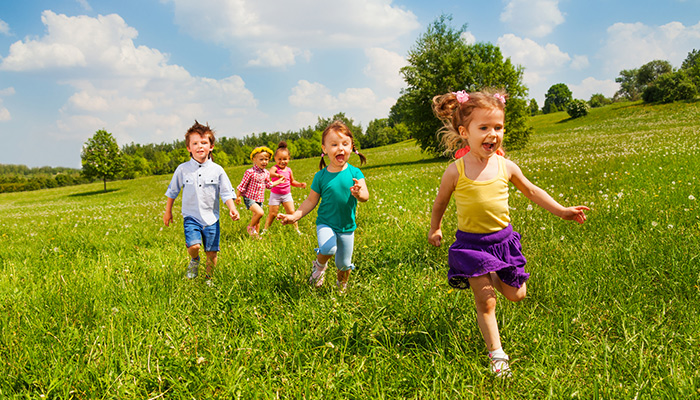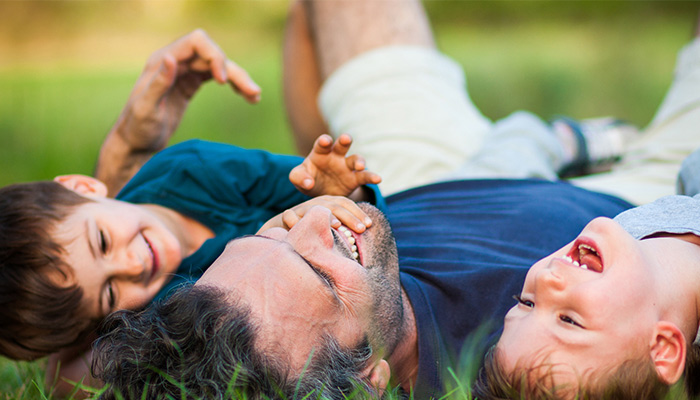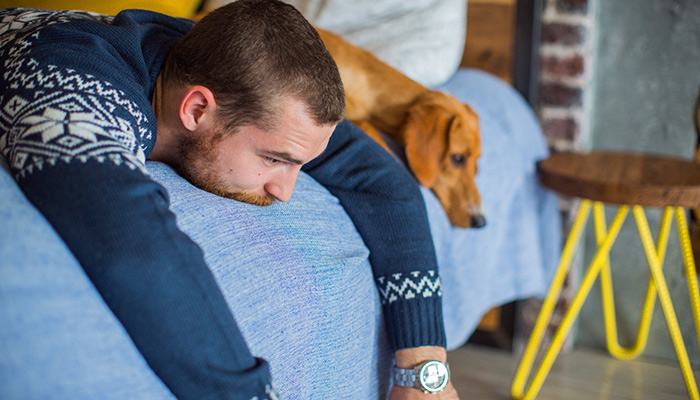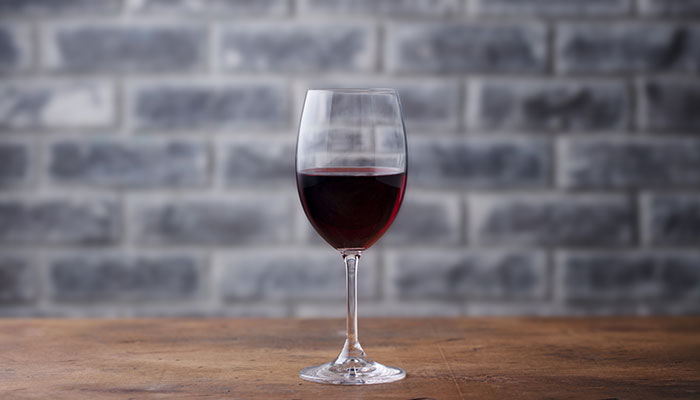Encouraging your kids to climb higher or run faster, challenging them to a running race, or letting them lose a game are all characteristic of a style of parenting that could reduce the risk of childhood anxiety.

Take off the kids gloves: Physical challenges and so-called safe risk taking has been shown to be good for kids' mental health.
It’s called challenging parenting behaviour (CPB), and it’s the obverse of so-called “helicopter” parenting, an approach that involves overcontrolling and overprotective parenting behaviours which have been found to be associated with a higher risk of anxiety disorders in children.
“CPB gently encourages children to push their limits,” says psychologist Rebecca Lazarus, who initiated the study for her PhD and carried it out with colleagues at Macquarie and at the University of Amsterdam. “It’s a very safe and nurturing parenting behaviour that exposes children to safe risks.”
Rough and tumble play is a central component to CPB, says Lazarus. CPB also encompasses parenting that promotes risk-taking, and being competitive with children - in a playful way – as well as encouraging children to be more socially outgoing.
“It challenges the child both physically and verbally to push their boundaries,” says Lazarus.
The study involved 312 families with children aged 3 and 4 in the Netherlands and Australia and found that the greater the CPB reported by parents, the lower the measure of anxiety symptoms - and risk for anxiety disorder diagnosis - in children.
The research examining CPB originated in the Netherlands, where it was thought that fathers may be particularly skilled towards this type of parenting. But the research has shown that mothers also engage in CPB.
“While a lot of the research into child anxiety and parenting has typically focused on mothers’ parenting behaviours, CPB was a parenting behaviour that was hypothesised to be potentially quite important for dads, and so I wanted to look at that a little bit further,” Lazarus says.
“Our research has shown that mums also do it and are good at it, and that CPB from both parents can help reduce child anxiety.”

Rough and tumble: Rebecca Lazarus' research shows both mums and dads who are playfully competitive with children can help reduce anxiety.
Is anxiety in kids on the rise?
About seven per cent of Australian kids between the ages of four and 17 have an anxiety disorder such as social phobia, obsessive compulsive disorder, separation anxiety or generalised anxiety. Lazarus says that whilst we don’t have evidence in Australia that anxiety is on the rise, there is an increase in anxiety symptoms being reported. This could point to the fact that parents and teachers are getting better at picking up the signals that a child may be anxious.
And then there’s “helicopter” parenting, (or what researchers would term an overprotective or overcontrolling parenting style) in which parents give more assistance to a child than is actually required or age-appropriate, rather than letting them explore and develop in their environments. This parenting style has been associated with increases in anxiety symptoms because, says Lazarus, it encourages children to think that they need protection from an unsafe world.
“When a child sees their parent doing things for them, or stepping in too early, it teaches them that the world might be unsafe and they need protection, so they think ‘I need mum or dad to step in and do things for me because I can’t do this by myself, I’m not capable, I don’t have the skills required to be able to carry out those behaviours’. Together, these things can assist to increase the child’s anxiety.
“We’re definitely not saying, ‘don’t supervise your children’; however, it’s about teaching parents that it’s ok not to step in too early, and we need to gently encourage our children to step outside their comfort zone.”



